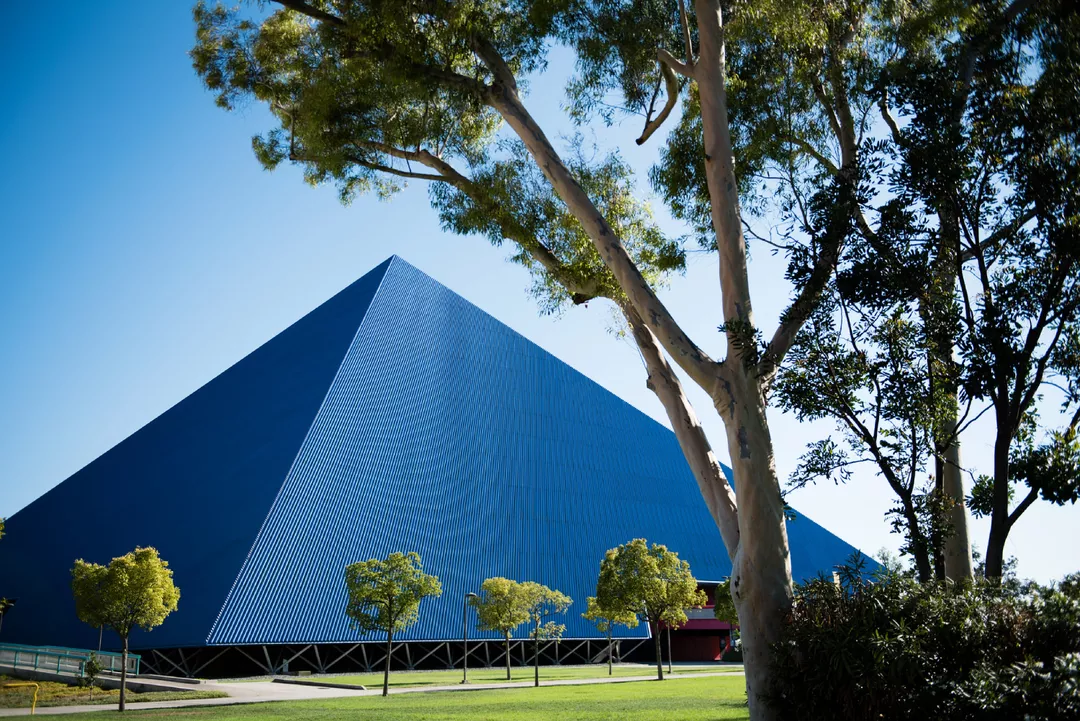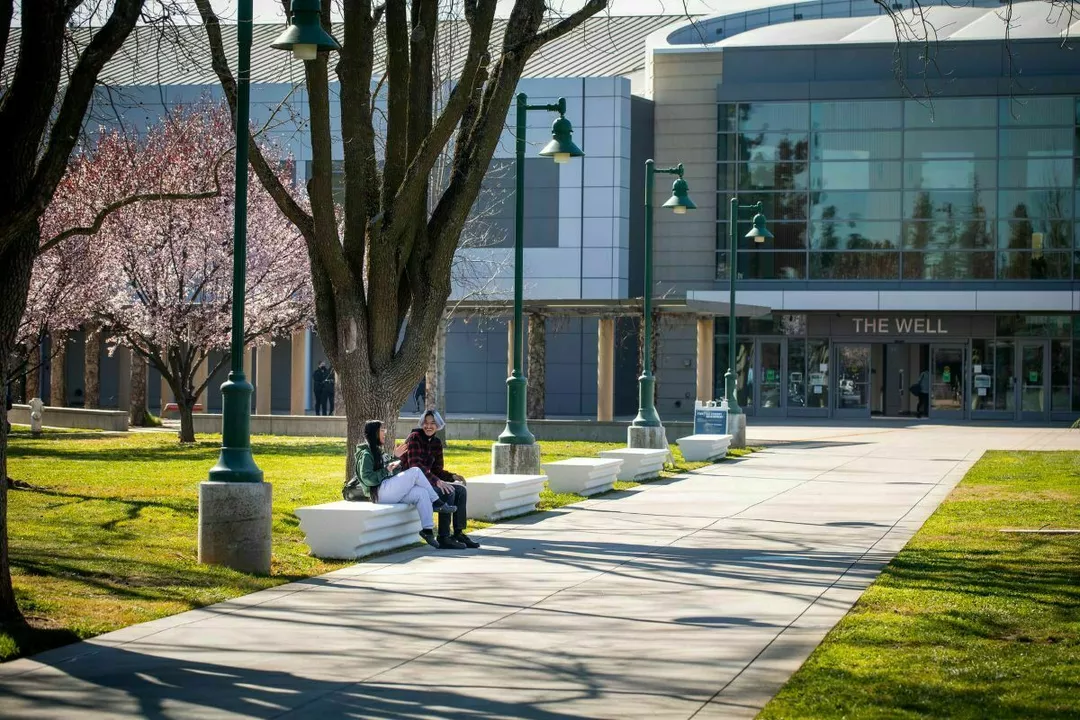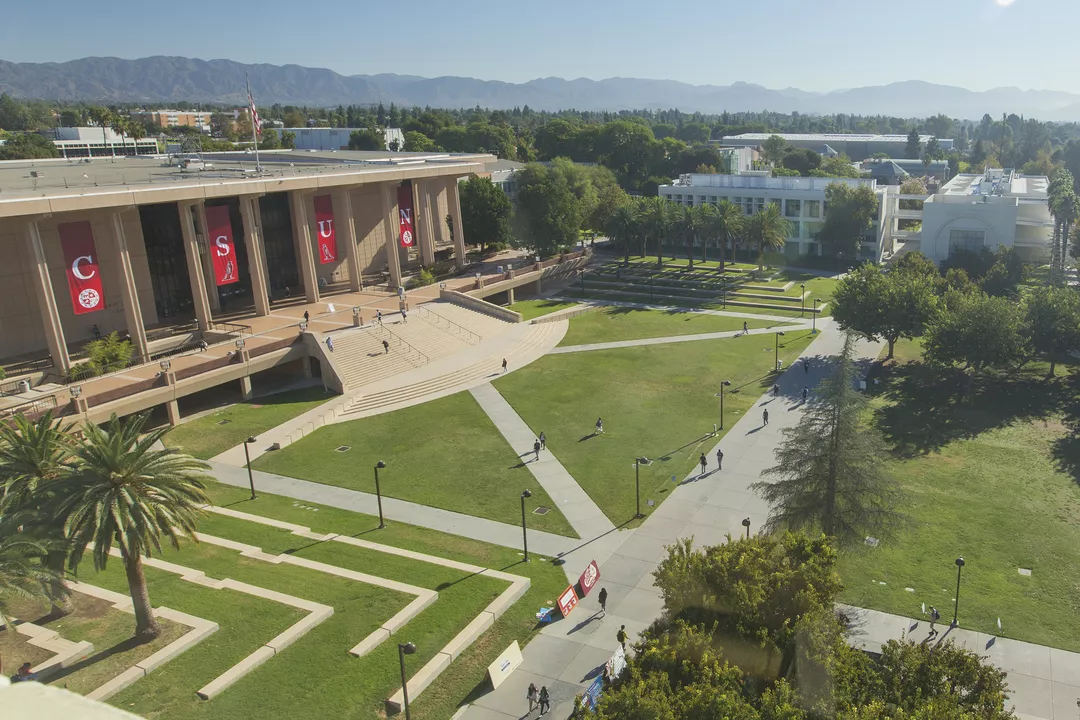-
hello@abroadcube.com
Mail us
-
Call For Help:
98779 83783
-
Whatsapp Us
70090 34921
The Master of Science in Special Education Degree program is an advanced academic program which is aimed at developing advanced skills and knowledge of current research in special education and demonstration of the ability to engage in reflective inquiry. In this graduate coursework, they provide candidates with multiple opportunities to build upon their critical thinking and writing skills with those skills being applied in the capstone experience of a comprehensive exam or a thesis. With a Master of Science in Special Education, graduates have been able to serve in leadership positions in their school districts or agencies, pursue and earn a Doctorate Degree in Education or related fields at top-tiered universities, and teach as part-time lecturers at CSULB and other higher education institutions. The Master's program is comprised of a total of 30 units. Typically students complete the program in 2 years.
| Level | Masters |
| Discipline | Sciences |
| Duration | 24 months |
| Intakes | Jan, Sep |
| Application Fees | USD 70 |
| Tuition Fees | USD 14604 |
| Campus | Long Beach |
| Language proficiency (minimum) | |
| IELTS | 6 |
|---|---|
| TOEFL | 80 |
| PTE | 58 |
| Duolingo | 115 |
| Exam proficiency (minimum) | |
| SAT | Not Required / Waiver |
|---|---|
| ACT | Not Required / Waiver |
| GRE | Not Required / Waiver |
| GMAT | Not Required / Waiver |
Minimum GPA - 70%
QS Quacquarelli Symonds is the world’s leading provider of services, analytics, and insight to the global higher education sector, whose mission is to enable motivated people anywhere in the world to fulfil their potential through educational achievement, international mobility, and career development.
THE (Times Higher Education) has been providing trusted performance data on universities for students and their families, academics, university leaders, governments and industry, since 2004. We create university rankings to assess university performance on the global stage and to provide a resource for readers to understand the different missions and successes of higher education institutions.
The Academic Ranking of World Universities (ARWU) was first published in June 2003 by the Center for World-Class Universities (CWCU), Graduate School of Education (formerly the Institute of Higher Education) of Shanghai Jiao Tong University, China, and updated on an annual basis
The "Webometrics Ranking of World Universities" is an initiative of the Cybermetrics Lab, a research group belonging to the Consejo Superior de Investigaciones Científicas (CSIC), the largest public research body in Spain. CSIC is among the first basic research organizations in Europe. The CSIC consisted in 2006 of 126 centers and institutes distributed throughout Spain.



